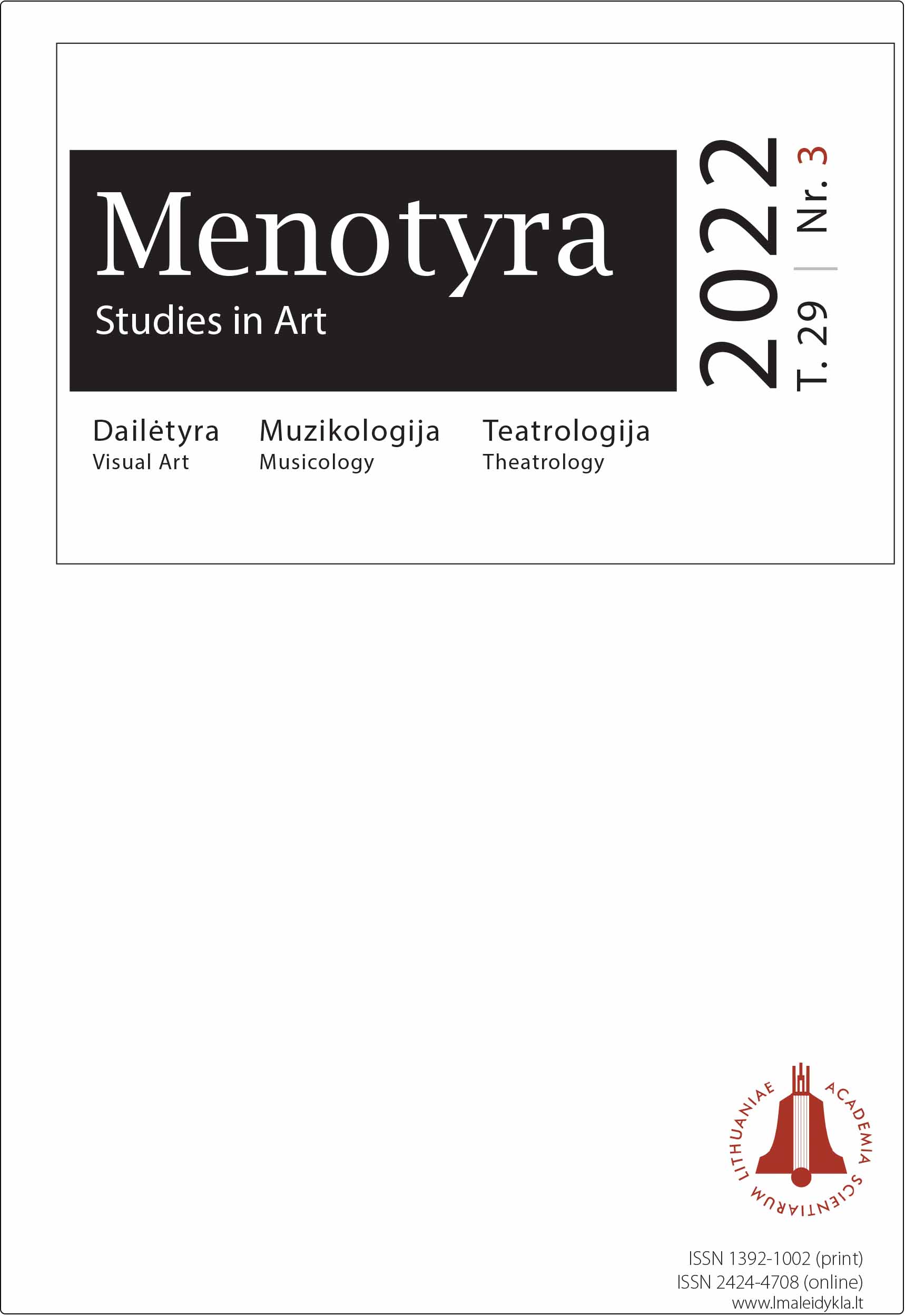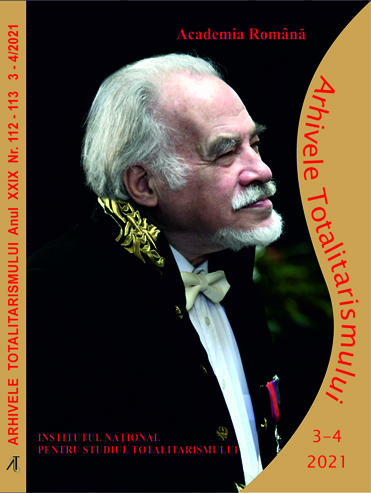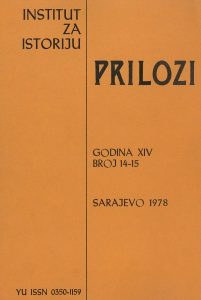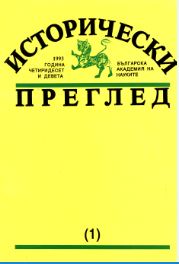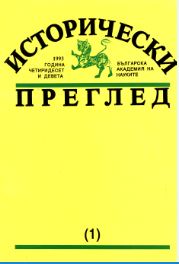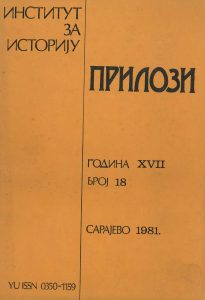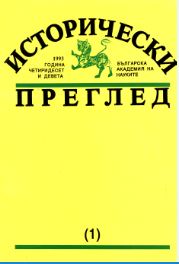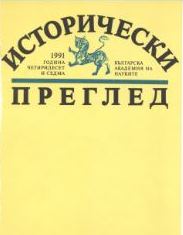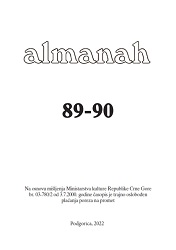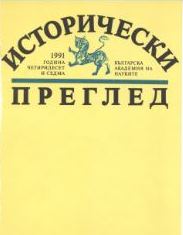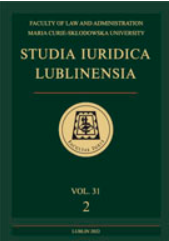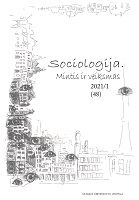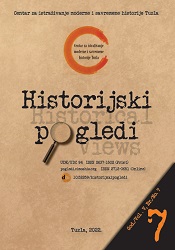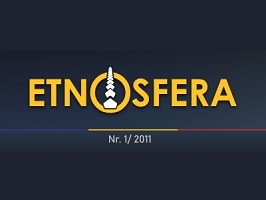
Anton Golopenția și rostul „științelor sociale”. Sociologia etaticului și geopolitica etnicului în perioada interbelică
Anton Golopentia was an important member of Romanian Sociological School of Bucharest led by Dimitrie Gusti. With A. Golopentia`s texts, we could dismount two errors often done in interwar period regarding sociology and geopolitics sciences in Romania. Concretely, first of them was considered to have an narrow ethnic or nationalist character; second, on the contrary, was seen as concerning only good functioning of state, so that ignoring the ethnic factor. With Golopentia`s texts we reached the conclusion that sociology and geopolitics are complementary social sciences. Sociology is both an ethnic and state-concerning science and it does not ignore the state as institution. Also, geopolitics is about the state, but in the same time it gives a big importance to the ethnic factor. This double and almost equal focus to the state and to the ethnic factor was facilitated by the national-state character of our country. Sociological research on internal medium of a state and geopolitical research on external medium of it are, both, national kind.
More...
